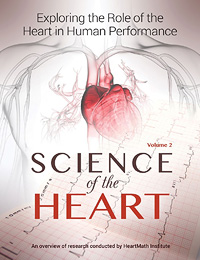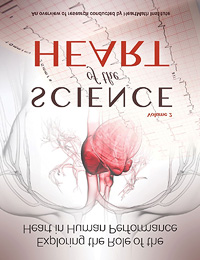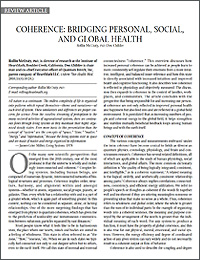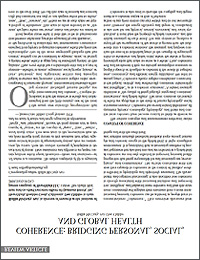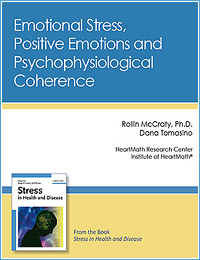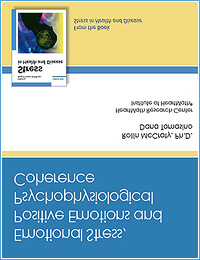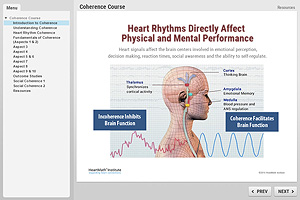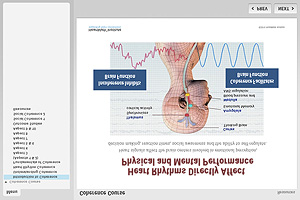The Science of Coherence™
Why Does Coherence Matter?
One’s ability to self-regulate the quality of feeling and emotion of one’s moment-to-moment experience influences our physiology and the reciprocal interactions between physiological, cognitive, and emotional systems. Self-induced positive emotions is reflected in the pattern of one’s heart’s rhythm, which in turn increases the coherence in bodily processes. This shift in the heart rhythm plays an important role in facilitating higher cognitive functions, creating emotional flexibility, and facilitating social connectedness.
Free Resources to Help You
These free resources enhance your understanding of heart coherence and how you can apply it in your daily life to enhance your sense of joyful living and deeper understanding.
Science of the Heart: Exploring the Role of the Heart in Human Performance
Chapter 4: Coherence
Learn about research that bridges the science of the heart and the highly practical, evidence-based skill set known as the HeartMath System. The research illuminates the important role the heart plays in building coherence for yourself, in your relationships, and for the world. It presents the positive changes that occur in health, mental functions, perception, happiness, and energy levels as people practice the HeartMath coherence-building techniques.
Emotional Stress, Positive Emotions, and Psychophysiological Coherence
Presented in layman’s terms, this e-Booklet explains the science and psychology of stress. It proposes that it’s generally one’s emotional experience, rather than solely cognitive activity, that is the strongest motivator of attitudes, decisions, and behavior. Included are two core HeartMath techniques, Freeze-Frame® and the Heart Lock-In®, which help us engage positive emotions to manage stress and break the cycle of recurring negative emotional patterns.
Free course on Coherence –
Increasing Self-regulatory Capacity:
Scientific Basis of The Coherence Model
Rollin McCraty Ph.D., HeartMath Institute’s director of research, explores many of the key concepts embraced by the term coherence and the science that underlies the 10 key aspects of the Physiological Coherence Model. While the main focus is related to the physiology of how heart coherence is related to improved physiological, mental and emotional self-regulator capacity, it also includes an introduction to social coherence.


